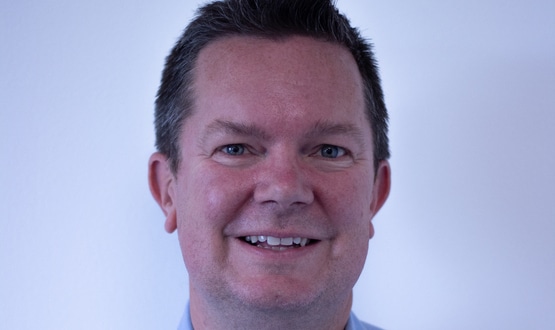Choose and Book adopters to get tech support
- 7 July 2005
The Department of Health is set to launch a high level technical help scheme to support local Choose and Book implementation after lessons from the early adopters showed IT support is vital to success.
Jane Cummings, national implementation director, told a conference organised by HSJ this week: “Lots of the issues in the early adopter sites were around technology. We had issues with N3 and links with existing system suppliers. Often they needed people from the central team to help.”
For example, at the help scheme in Nottingham – due to go live next week – the national team provided high level IT support to broker negotiations with the existing hospital PAS supplier.
Ms Cummings said the national team had now agreed that local health economies should have access to support from a flexible team of technical, clinical, executive and project management experts.
“These teams will be geographically located and work with SHAs,” she said. “They will be flexible and targeted where people want it, providing lots of experts you can call when you need to.”
The scheme is further outlined in a letter this week from Margaret Edwards, director of access at the DoH, to all PCT, SHA and acute trust chief executives.
It says resources are finite and help will only be available where PCTs have implementation plans in place.
The letter – which clarifies a number of important issues on choice and choose and book – also asks PCTs to upgrade their systems as soon as possible. Agreements with all leading primary care IT system suppliers for the upgrades are in place, it says.
The letter comes as Choose and Book begins to make real progress in its implementation, Ms Cummings told the conference.
There are now 16,700 GPs registered to use it and more than 1500 bookings have been made by 18 PCTs. “This has not been an easy process,” she said.
The team has launched a new website, www.chooseandbook.nhs.uk, with guidance documents in various formats for different uses. "We’ve put it on [the web] so that you don’t have to be at work to see it," said Ms Cummings.
The IT roll out had been on time, with release 2, indirectly bookable services, delivered in May. IBS went live in two PCTs last weekend.
“Release 2.2 is on track for the autumn and will see significant changes,” she added.
The national team had been working hard to solve problems with loading the directory of services and commissioning rules, she added.
Problems in this area have lead the DH to delay by two weeks its deadline of June 30 for reaching the first milestone – getting 30 per cent of GPs registered to use choose and book and loading the DoS and commissioning rules onto the system.
PCTs now have until July 15 to qualify for the incentive payment that goes with the milestone – a payment of £6000 per practice signed up.
Despite the upbeat presentation delegates at the HSJ conference questioned whether the next milestone is achievable and outlined their current problems. PCTs are expected to have 50 per cent of appointments booked via choose and book by the end of October 2005 to qualify for an incentive payment of £100,000.
Juliet McKervey, head of planning at Chesterfield Royal Hospital, said her hospital had been unable to integrate their PAS with Choose and Book with the result that all appointments had to be re-entered manually at the hospital.
"We have not moved ahead with it because the service we can offer now is poorer than the old system," she said.
Wendy Greenish from Hammersmith Hospital, said that plans to go live with all specialties was being held up because workgroups had not been authorised.
"We are concerned not to go live with more specialties than we can support. We have to be sure or we will lose our consultants," she said.
Members of the national team at the conference, including clinical lead Mark Davies and Matthew Coates, head of secondary care, repeatedly said that they did not underestimate the challenges that lay ahead and were ready to listen and respond to questions and problems.
Ms Cummings said: "The feedback we get on the next milestone is mixed. Some people say we can do it and others are not sure, We do not know exactly what will happen but the majority of people say it is fundamentally the right thing to do."




